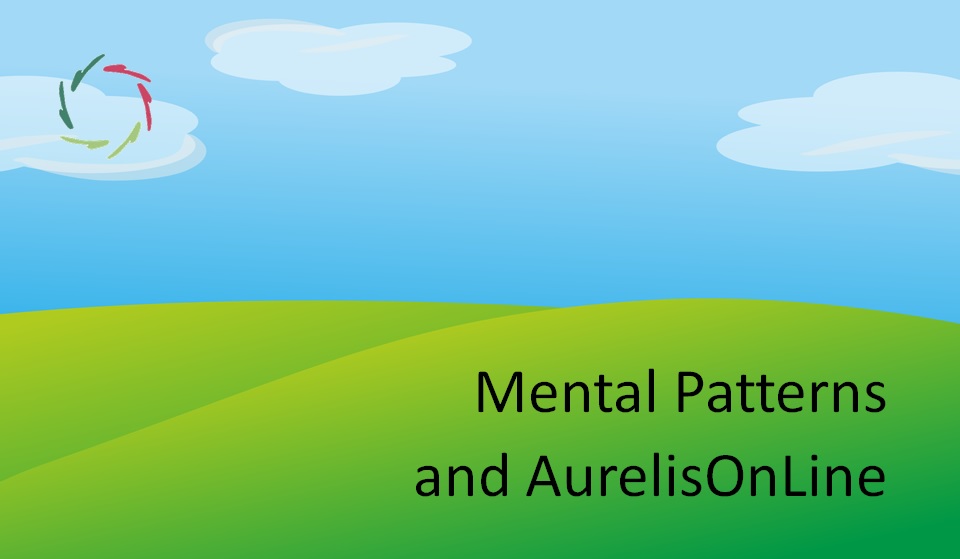Is AURELIS More than Constructed?

In constructionism, a constructed therapy does not work according to its social construction but through an underlying, fundamental reality. How is AURELIS situated in this?
[see: “Constructionism“]
Turmoil in the land of psychotherapy
As you might already know or read now, there is turmoil. In short, the specific psychotherapies have been shown – in meta-analyses, thus highly scientifically – not to work through their specific ingredients. [see: “Psychotherapy vs. Psychotherapies”]
This has been known for decades. The knowledge has been upgraded with the highest standard statistics for a few years.
It came as no surprise to me. Still, I’m glad science has evolved this way. It proves once more that science is the way to go, even though it may be confrontational.
So, is AURELIS just one more constructed therapy?
Dear reader, I let you be the judge of this after delving into the matter. In my view, and quite explicitly since the conception of the AURELIS project, I have based it on the non-specific factors themselves. [see: “Non-Specific Factors of Therapy”] I came to this as a physician interested in the mind, depth psychology, hypnosis, meditation, and the placebo.
To make matters malleable, I organize non-specific factors of therapy in two groups and relate them with AURELIS as follows:
- placebo: AURELIS = striving to attain the placebo effect without the placebo instrument. Placebo doesn’t work without the suggestion that it works. AURELIS uses suggestion straight-on in a client-empowering way → auto-suggestion. The starkest difference with a pure placebo pill (the ‘sugar pill that works’) is openness ― with many important consequences. [see: “Power of Placebo < Autosuggestion“]
- empathy: AURELIS = striving to be as open as possible in this. This striving brings one to Compassion. [see: “Essence of Compassion“]
In both, you see ‘open.’ To what?
It’s about much more than what meets the eye, at least the conceptual eye.
The common factor behind both groups, and to which openness is most needed, is subconceptual processing and communication. This was also the subject of my Ph.D. thesis. It’s about openness to inside – human depth – in which we can stay entirely scientific.
Towards fundamental
Meanwhile, it has become clear that anything conceptual in the mind/brain starts subconceptually. [see: “About ‘Subconceptual’”]
The conceptual is only the piece that conceptually reaches conscious awareness. Much of what goes on subconceptually doesn’t reach conscious awareness in a direct manner. However, we can feel and experience the influences of this indirectly. This way, we can see that a vast amount of subconceptual processing continually lies underneath anything we think, feel, do, want. Subconceptual processing acts constantly.
It’s here that lies the fundamental reality of any change from psychotherapy. [see: “Mental Change: How it Works”]
It’s towards this that AURELIS is directed most openly and ethically, ‘purely’ if you like. [see: “From Common Factors to AURELIS”]
Getting to real – in-depth – change
It is logical that not only the surface should be taken into account. The surface is but a consequence. The principle is the same as in many other domains: merely changing the consequence (at a constructed layer) leaves untouched the cause (at a more fundamental layer) that may even fetter on. This is not the most sustainable way to reach a solution.
In openly bringing the non-specific factors themselves, AURELIS is not at the level of other therapies. It is closer than anything to neurophysiology and the heart of fundamental reality that lies in the unity of body and mind. [see: “‘Mind = Body’ Breakthrough“]
At the very least, this should be intriguing to anyone.


